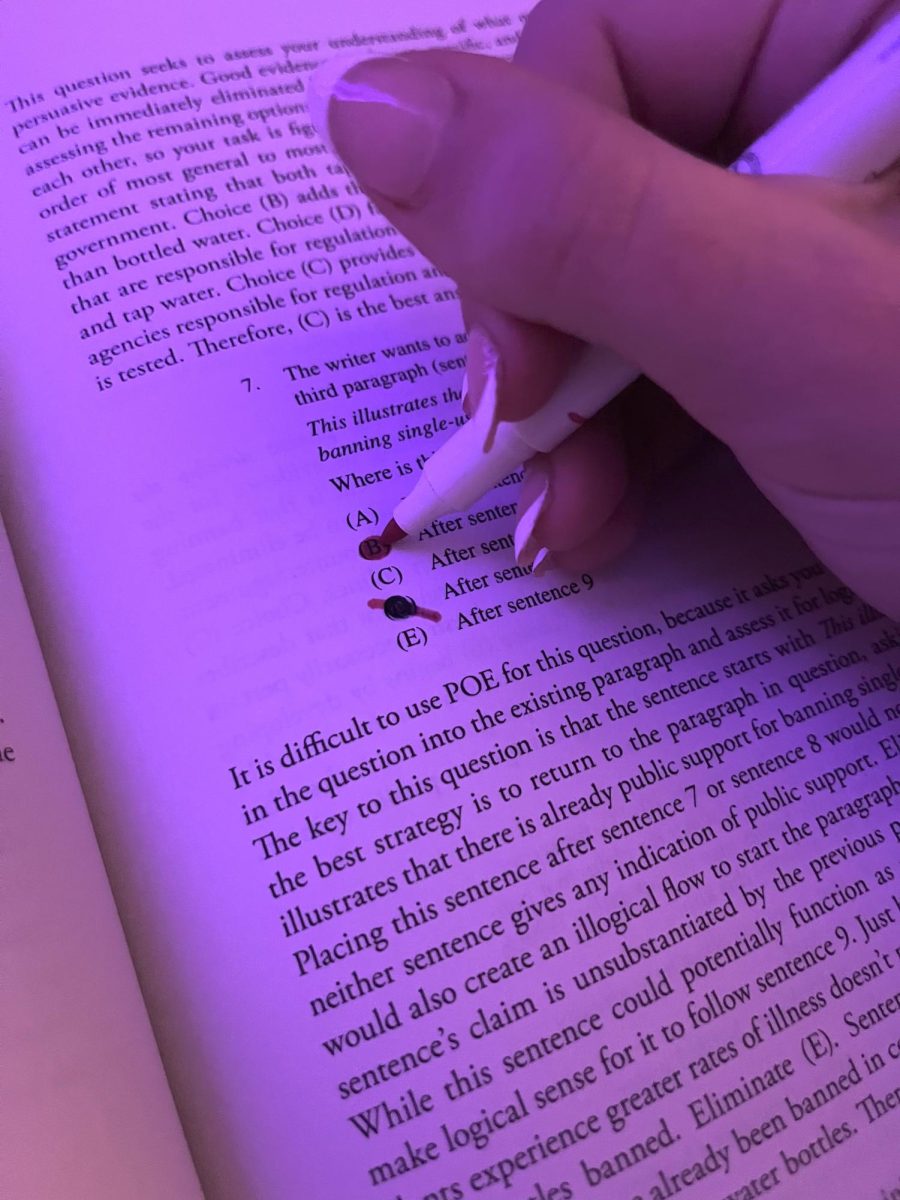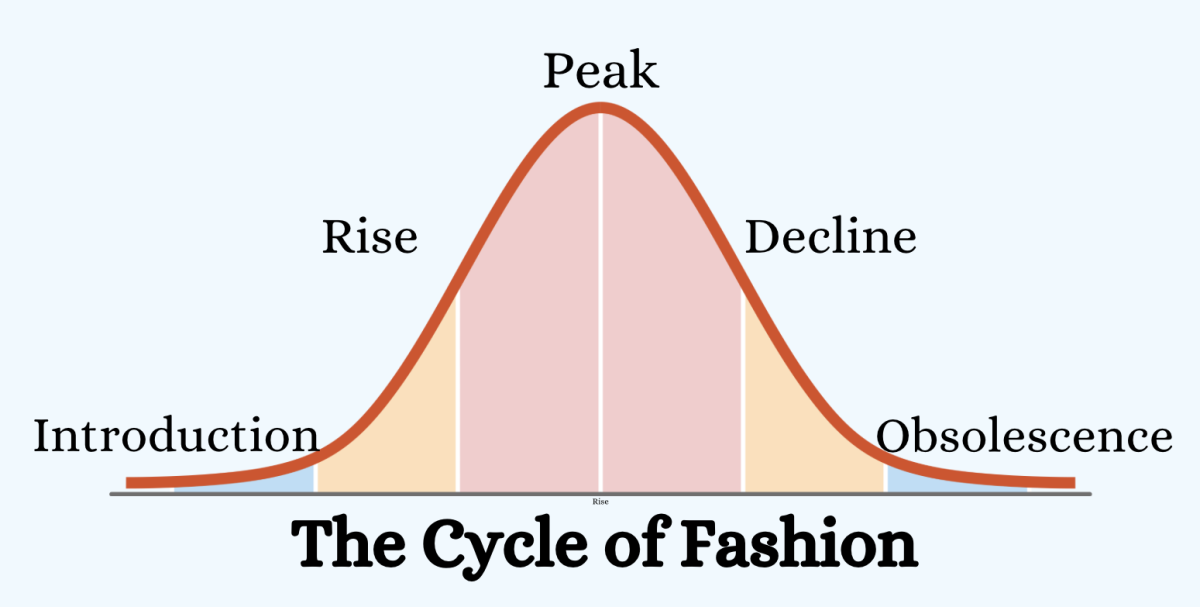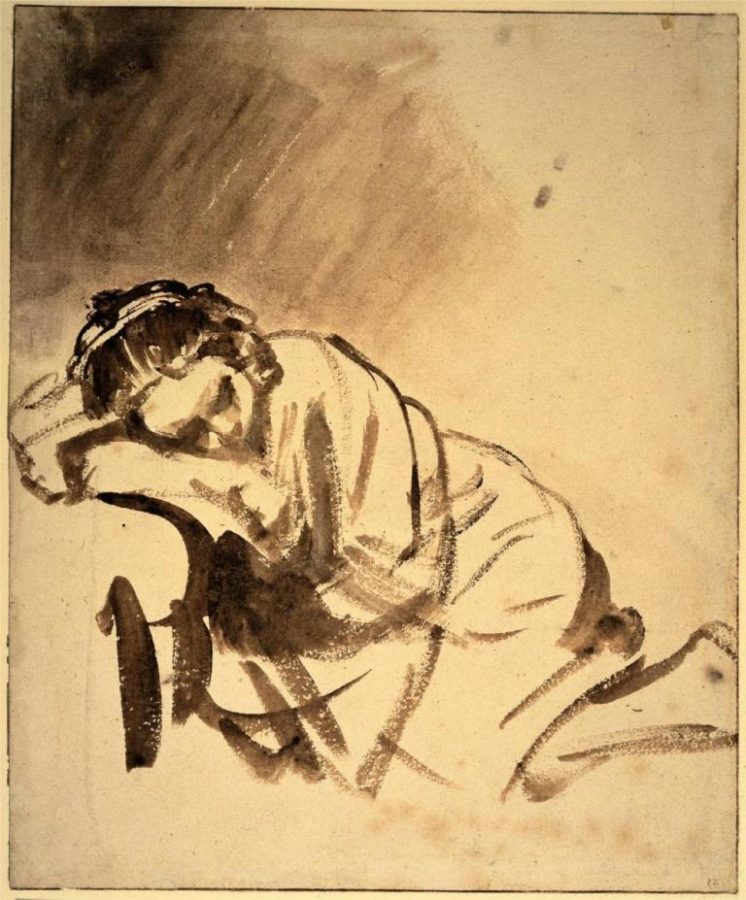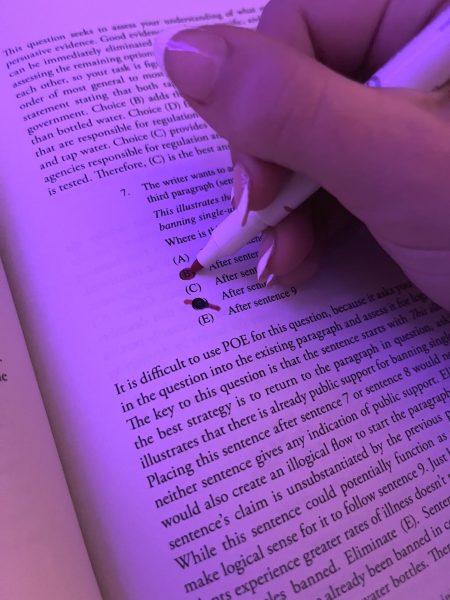Chronic Self Doubt Vs. Momentary Self Doubt
Spurs of doubt can almost always lead to our best work.
December 8, 2021
Chronic self-doubt is a consuming and toxic thing people conflict with on a daily basis. This looming feeling of thinking you can’t achieve certain things has been proven by professionals to be one of the worst things you can do for yourself. It can prevent people from pursuing what interests them and restrict people from achieving their full potential. This repetitive eternal questioning of your abilities can lead to poor mental health and thinking you’re not capable of anything. According to Patrick Caroll, a psychology professor at Ohio State University, the solution to getting out of this negative mindset is to focus on a “strong desired version of yourself” because feeling good about what you could become “keeps people’s attention away from rumination and focusing on failure.”
This type of self doubt is extremely unhealthy, and instead of propelling us to work harder, it damages any sort of confidence we had. Although chronic self-doubt is detrimental, momentary self-doubt can be very beneficial.
According to Psychology Today, momentary self-doubt keeps us humble, and prompts us to ask for help when we’re in over our heads. Although confidence is what prompts us to go for opportunities, doubt is what drives people to overtly prepare, which most of the time is what leads them to success. “There are so many times when I’ve doubted my ability to do something hard, and all those little moments of doubt did was push me to work harder, ” says (Jeanelle Wu 10). In an interview with Ira Glass, the host of This American Life, Glass discussed how some of the most successful people went through a period of self doubt when they didn’t think they could achieve their ambitions. That doubt ended up being the thing that got them to become successful; the doubt prompted them to work twice as hard to make up for their lack of confidence, because confidence doesn’t inspire putting the work in doubt.
This is not to say that you should force yourself to doubt your abilities, but you should be seeing yourself clearly, and noticing where your strengths and weaknesses lie so that you can put in work according to that. Doubt is inevitable; it’s the consequence of pursuing something that may be beyond your abilities. A lot of the time, “[…] if you’re not experiencing any doubt, you’re probably not doing much to push yourself” says Carol. Doubt makes you brave and pushes you to do things. despite the fact that you don’t think you can do it. All it prompts you to do is try, and trying can only be good.











































